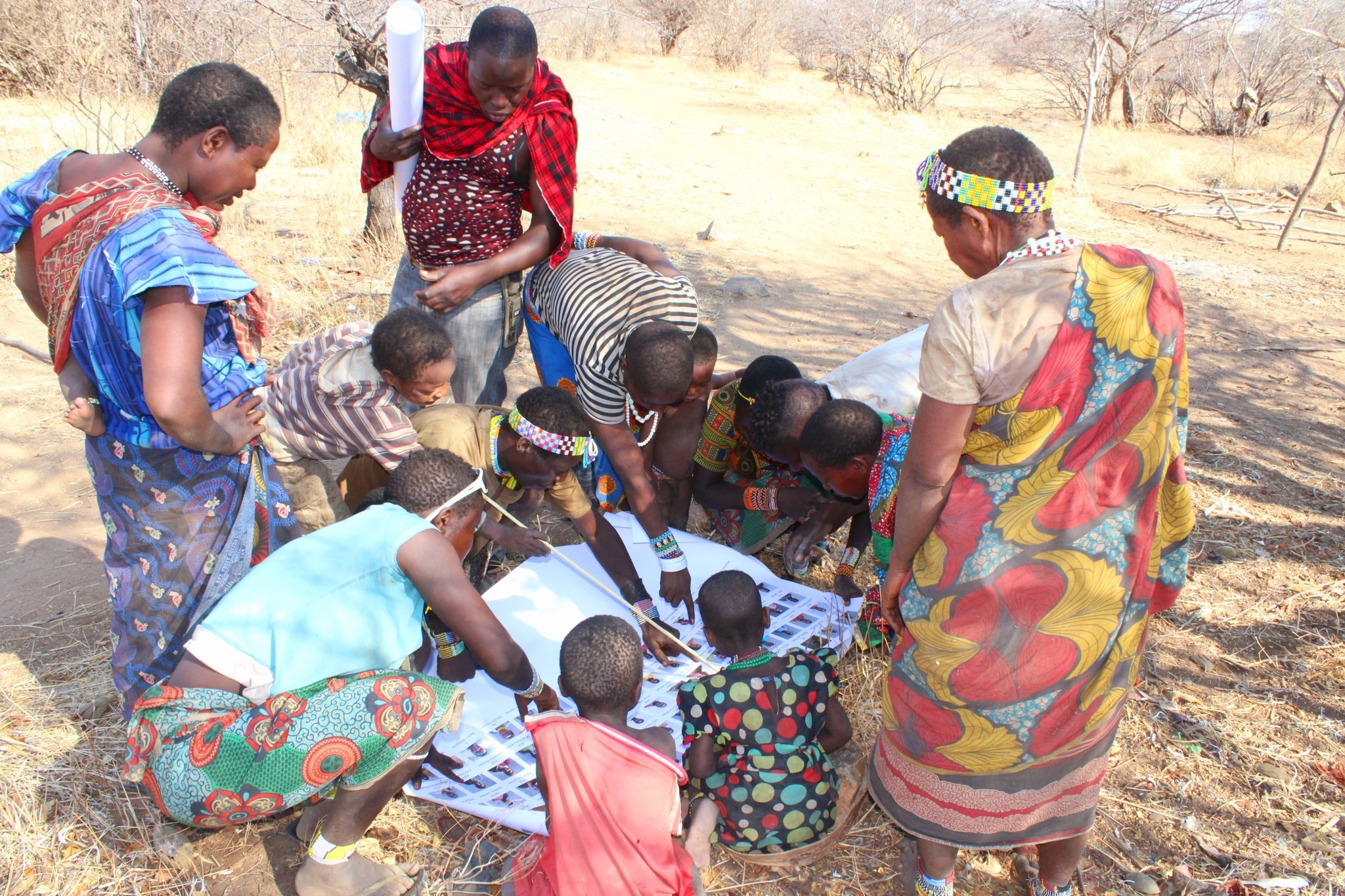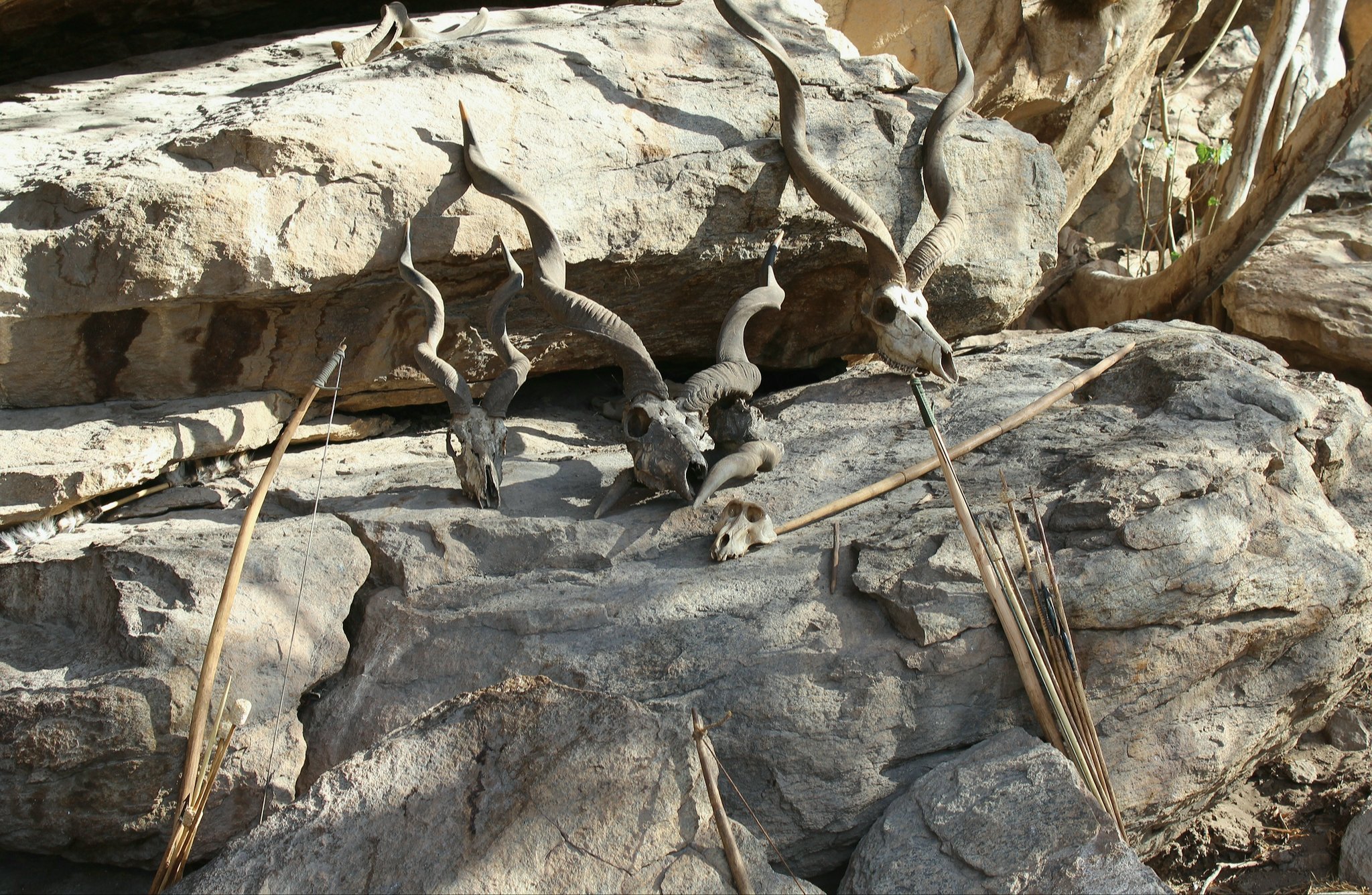
I conduct most of my research in Tanzania in two different field settings using methods from psychology, anthropology, and economics. Since 2016, I have worked with the Hadza hunter-gatherers living around Lake Eyasi, studying group cooperation and partner choice. Recently, I have started working with fishers living in villages along the mainland coastline in Tanga, Kilwa, and on Mafia Island.
-

Long-distance relationships and natural resource management among Kiswahili fishers
Open-access fisheries along Tanzania’s Indian Ocean coastline are shared by multiple villages that must work together to manage this common pool resource. Do long-distance relationships spanning across villages motivate participation and management of the fisheries?
-

Cooperation and partner choice among the Hadza hunter-gatherers
The Hadza of Tanzania are one of the last remaining hunter-gatherer populations in the world. They live in mobile, fission-fusion residence bands that are highly interdependent. How do these groups maintain their high levels of cooperation? And how do Hadza choose which campmates to stick with?
